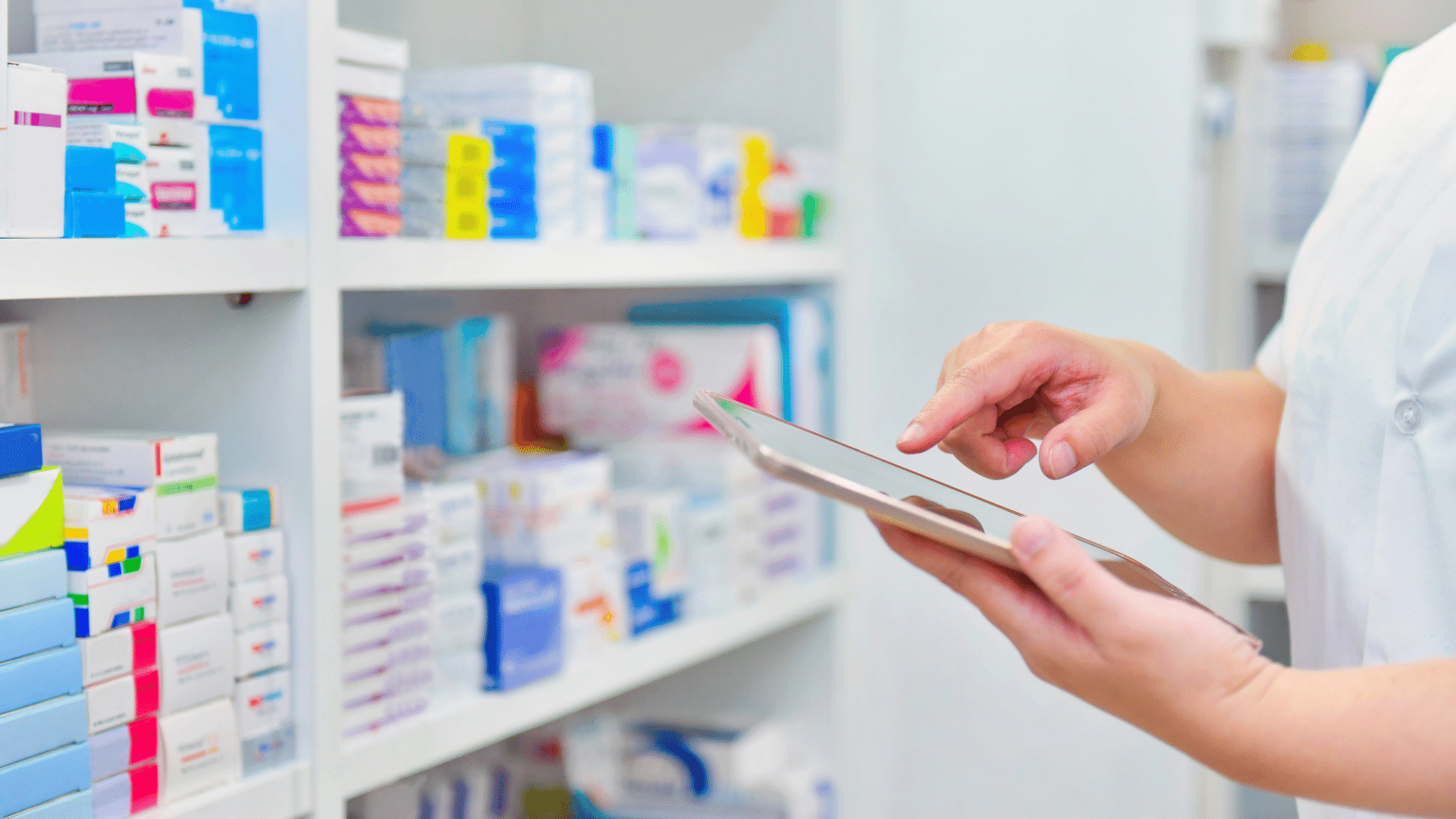
The government’s efforts to enhance regulatory standards of the pharmaceutical sector are expected to attract more pharma companies to the Philippines, driving the market to expand to P414 billion by 2028, a 4.3 percent increase from P335 billion in 2023.
In a report by BMI, a unit of the Fitch Group, said that the government’s efforts to boost the local manufacturing sector will improve the country’s pharmaceutical market.
“The Board of Investment’s Integrated Roadmap for the Philippines pharmaceutical industry outlines plans to enhance local manufacturing capacity, with a target of producing 60 percent of the country’s registered medicines domestically,” the report said.
READ: PH pharma players urged to shift to 2D barcodes to combat fake meds
Additionally, the Food and Drug Administration (FDA) along with the Philippines Economic Zone Authority (Peza) expanded special zones for pharmaceutical manufacturing in a bid to include medical device manufacturing which will increase the overall capacity for healthcare production in the country.
“The collaboration with the FDA will ensure that products produced in these zones adhere to strict quality and regulatory standards,” BMI said.
As such, the recent Administrative Order No. 2024-0012 titled “Prescribing the Rules and Regulations on the Registration of Pharmaceutical Products and Active Pharmaceutical Ingredients Intended Solely for Export” issued by President Ferdinand Marcos, Jr. that aims to strengthen the health sector and expedite the distribution of medicines to the public, will boost drug exports in the medium to long term.
Moreover, pharmaceutical exports are expected to grow by 5.8 percent to P3.7 billion by 2028, much higher than the P2.7 billion in 2023.
On the other hand, pharmaceutical imports are expected to grow at P161 billion in 2028, an increase of 5.4 percent from P124 billion in 2023, as the Philippines becomes more self-sufficient in pharmaceutical production, gradually relying less on imports as domestic production increases.
“However, despite investments, the Philippines’ pharmaceutical industry faces several challenges, which will make achieving export hub status a long-term goal,” the report added.
The think tank noted that the country’s reliance on pharmaceutical imports highlights the gaps in its infrastructure and early stage of its local drug manufacturing.
“Furthermore, the Philippines’ relatively weak intellectual property protections mean that the market struggles to attract investment from major innovative drugmakers,” it added.
Moreover, BMI emphasized that strategic investments and partnerships will be the key to help the country make significant progress towards becoming a leading pharmaceutical export hub in Southeast Asia.